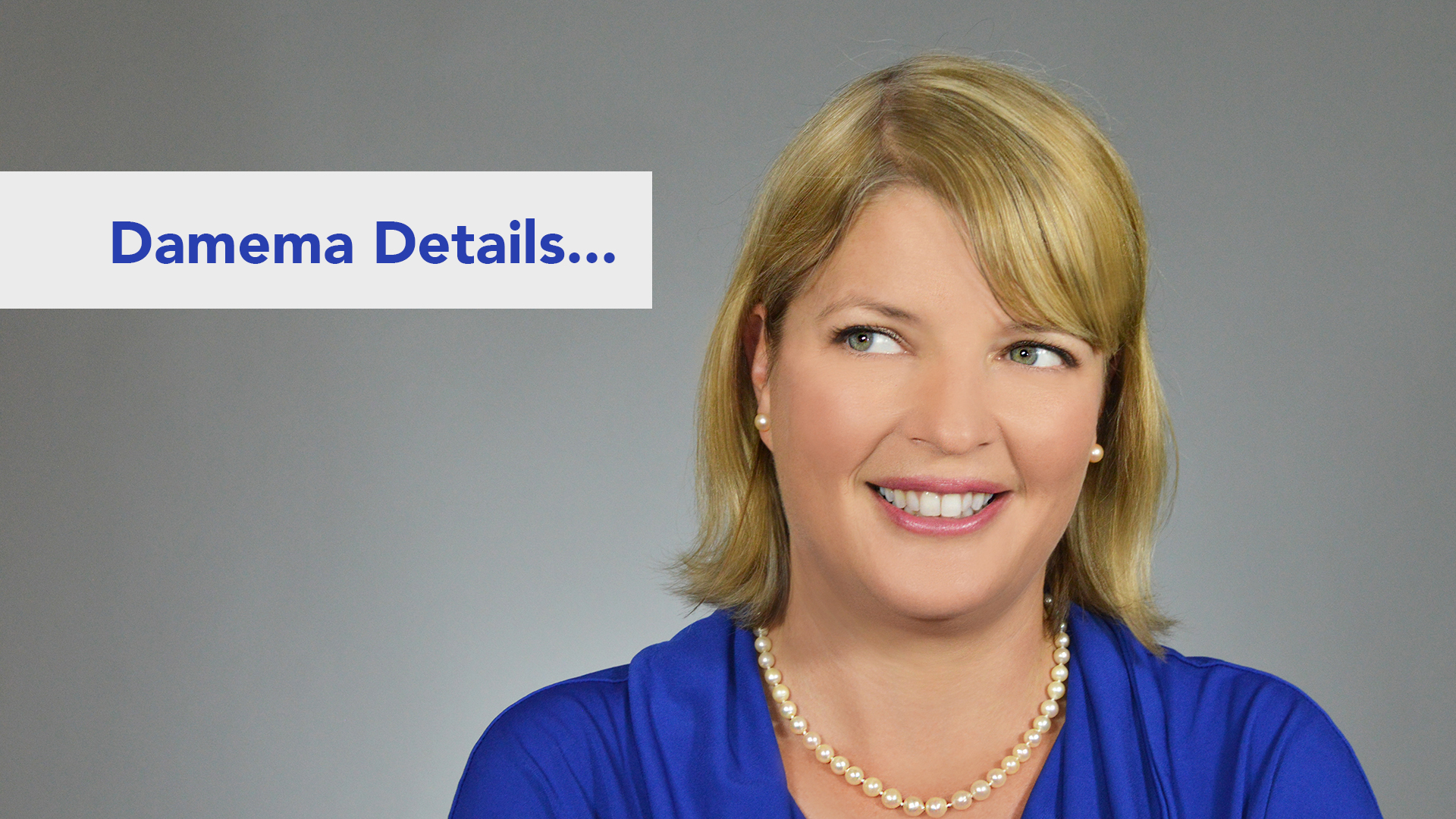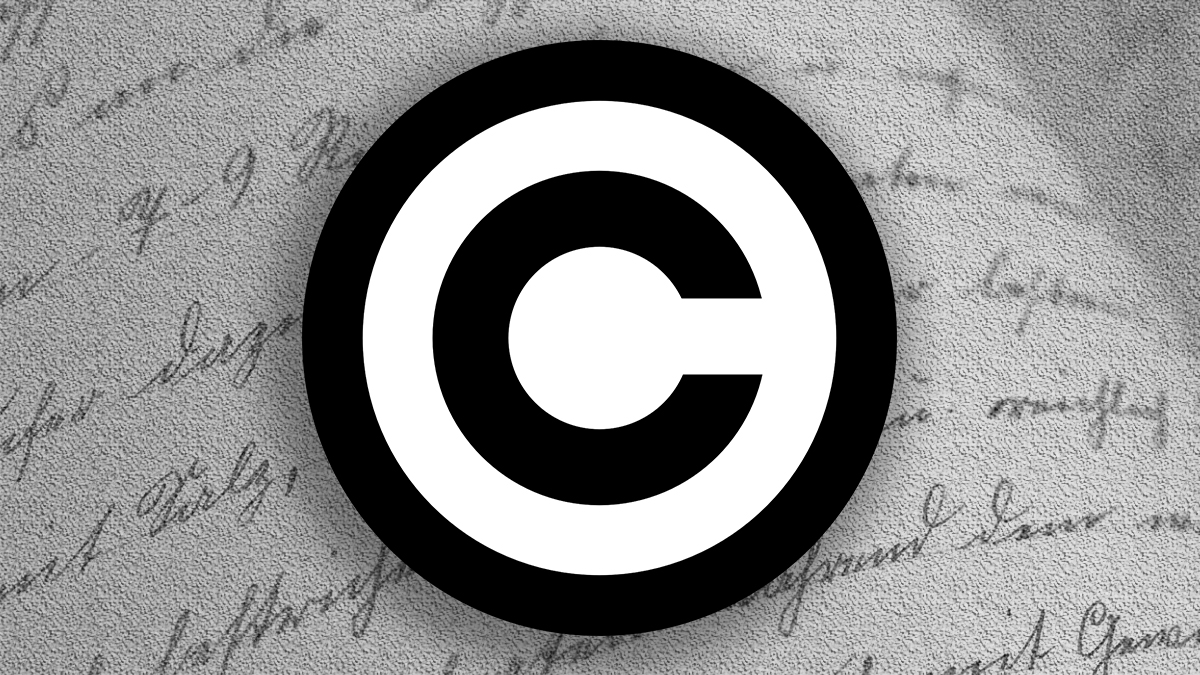Damema Details: Top 5 Tips for Custom Survey Questions
By NRC on May 22, 2017

-Damema Details-
Hello and greetings from beautiful Boulder, Colorado. I am Damema Mann with National Research Center, Inc. (NRC), coming at you again from NRC’s in-house studios. If you caught my first vlog, thanks so much for watching and thanks for tuning in again. The first vlog covered five things I love about The National Citizen Survey TM (The NCS TM), why I’m passionate about it and how helpful it can be for local governments all around the country.
Today I want to zero-in on one of those facets of The National Citizen Survey: the custom questions. So here are five important things to know about custom questions on The NCS, as we like to call it.
1. What are custom questions?
So, one thing I mentioned before is that The NCS is a mostly templated benchmarking survey. The reason we’ve templated this survey is so we’re able to create benchmarks for you. Most of the questions on the survey are standardized with some limited customizations available for your community.
However, we have what we refer to as the custom question section on the survey. There is nearly a page allotted for questions that are completely specific to your community. These custom questions are included in the basic service of The NCS.
There are two things to know about types of custom questions before I get into the next point. First, the custom questions included on the basic service are closed-ended. This means the respondent is selecting answers from a menu of choices. For instance, “excellent, good, fair or poor,” could also be an agree/disagree scale or a support/oppose kind of scale - depending on the question you’re asking.
Second, an open-ended question is another type of optional add-on to The National Citizen Survey. The open-ended question requests that the respondents write in their own answers, in their own words. For instance, a question like, “What do you think should be the single biggest priority for your community in the next two years?” leads respondents to write in whatever they thought. Then NRC would give additional analysis and reporting for that.
So, in this vlog I am specifically talking about custom closed-ended questions that are included, at no additional charge, as part of the basic service of The NCS.
2. How many custom questions can we have?
I get this question all the time: “How many custom questions can we have? How many are included?” The answer really depends on the length of the custom question.
I mentioned earlier there’s about three-fourths of a page on the survey allotted for those custom questions. So, some of it has to do with survey “real estate.” We want to keep the overall survey to its 5-page length. That’s kind of the sweet spot in terms of overall length. We wouldn’t want a survey to be longer than that because it can harm response rates and increase respondent burden too much. This length also helps us keep costs low and at the typically quoted price.
That being said, the total number of custom questions depends on their length and how many of them we can fit within about three quarters of a page. Sometimes questions are so long that we can only fit one or two. Sometimes we can fit four, five, or even more.
A good rule of thumb is to come up with three ideas or topics. Start from there, and your project manager will be happy to help you craft the questions.
3. How are custom questions created and when?
The next question that comes up a lot is, “How are these custom questions created and when are they created?” Those are really important things to be thinking about. It’s terrific if you’re already thinking about topics. Perhaps you’ve already had some internal discussions about the kinds of custom questions you might want to include on The NCS before you even enroll.
But the real work on questions begins after you enroll and we officially start the project. We want to help wordsmith those custom questions with you. NRC has been creating these kinds of questions for over 20 years, we have a huge wealth of knowledge about how to craft them, and we have a library of questions we can share with you after you enroll.
We also want to make sure that we are there help you wordsmith those questions. Your project manager can ensure that the questions are worded neutrally, use an effective response scale and help you get the most actionable data possible. She will also make sure the question is asked in a straight-forward manner, that it’s not over-educating a single survey respondent and that it does not use insider jargon. Sometimes when you’re close to an issue, it can be easy to slip-in the lingo the experts use. But we want to make sure your average resident can understand these questions.
It’s really important that you give us the opportunity to vet potential custom questions and work on them with you.
4. What topics should we pick?
The next question that comes up all the time is, “What topics should we even ask about?” That’s really up to you in terms of what’s going to be most useful for your community. Sometimes, jurisdictions want to ask about a hot topic issue. Maybe there’s something that keeps coming up in a council meeting and there’s a group of really active and vocal citizens saying, “This is the most important thing you need to focus on!” But perhaps you want to put that issue out there and see if the community as a whole feels the same about this issue. Is this really what we should be focusing on, or is this the voice of a vocal minority?
Custom questions can be great to test the waters for something like a ballot issue, a bond initiative or if you’re thinking about a change service. During the Great Recession of 2008 (remember those belt-tightening times?), we asked a lot of custom questions that had to do with service reductions - where residents would tolerate service reductions and where they wouldn’t - as cost saving measures for local governments. So a custom question can be a great tool that way.
Once you enroll, if you feel stuck, we can help flesh out topic ideas for you. If you don’t know where you want to start, like I said, we have a library of questions that we can share with you.
The other thing to remember about these custom questions is that they are optional. They are there to be helpful for you, but you don’t have to ask them. If you think it’s going to gum up the process - there’s too many opinions going around, everybody wants their say, 12 different departments want to put one on - or if you’re really interested in fast-tracking the survey process, then you might decide the custom questions are not right for you.
Of course, we hope you use them if you think they’re going to be helpful. Which leads me to my last point…
5. How are custom questions useful?
I mentioned earlier that custom survey questions can be used to test bond initiatives, mill levies or potential ballot issues, and they have been used successfully that way over and over again. The scientific survey has been able to help predict an outcome, or several outcomes around the country.
Jurisdictions have been able to use that survey real estate to ask questions that indicate how the community as a whole feels about an issue. Those jurisdictions have then felt confident to put something on the ballot and watch it pass. They’ve used it to change service levels, for instance, trash haul providers, or trash haul schedules or cable service provisions, all sorts of things like that.
Custom questions are just one great tool that The NCS has to offer, and we are always happy to help you craft them once you sign up. So please feel free to reach out, take a look at our website, send us an email and we’re happy to answer any questions you might have about it! Thanks for watching, and stay tuned for the next time.
Want to know more?
Fill out our Request for Information form. We will reach out shortly to answer any questions and help you get started.
Related Articles
Popular posts
Sign-up for Updates
You May Also Like
These Related Stories

Damema Details: Top 5 Reasons Why City Councils Need The National Citizen Survey

Template A for AB Test: Does Copyright Apply to Surveys?

